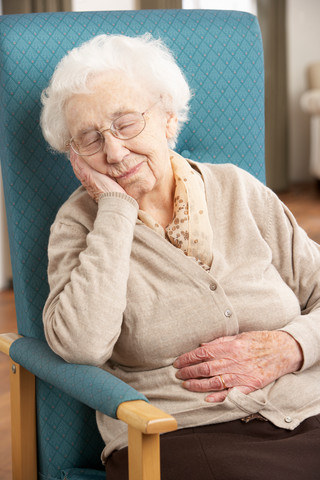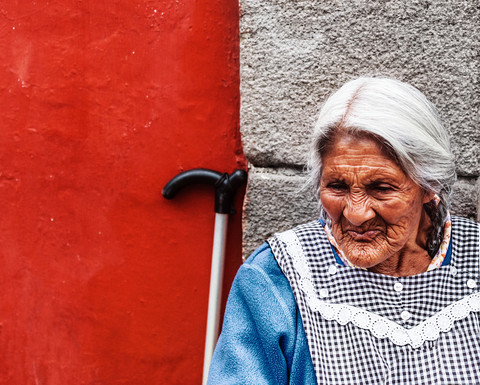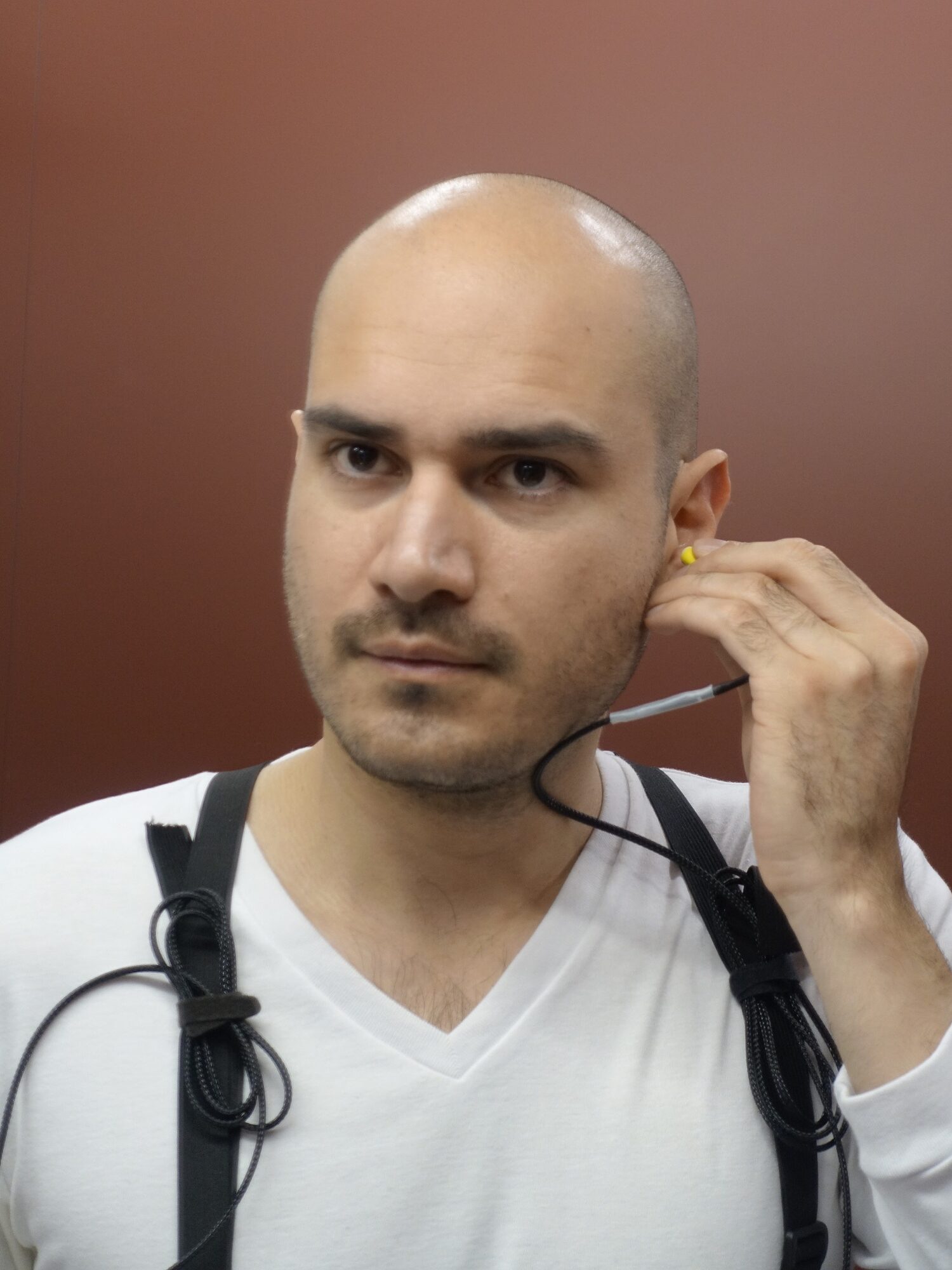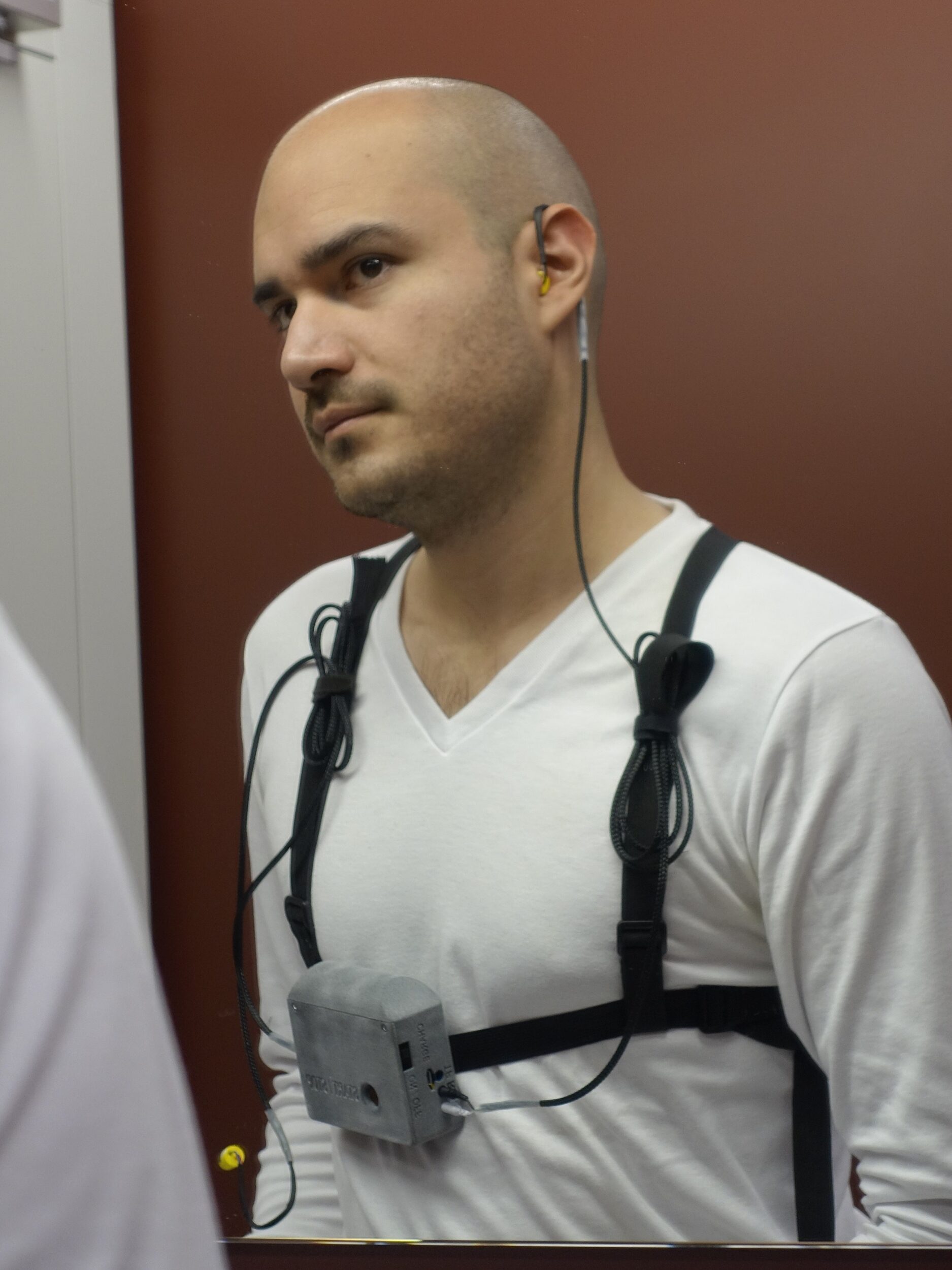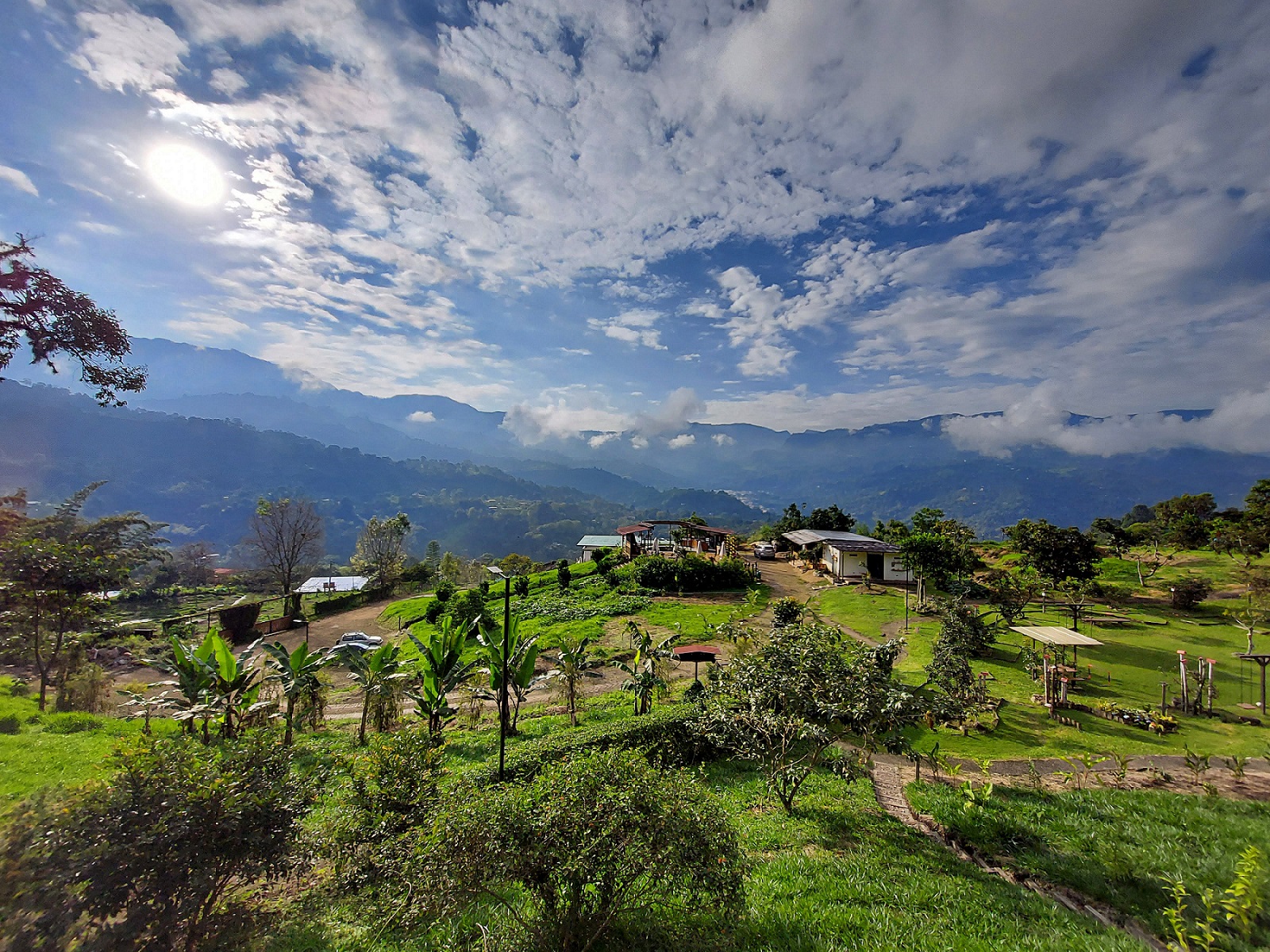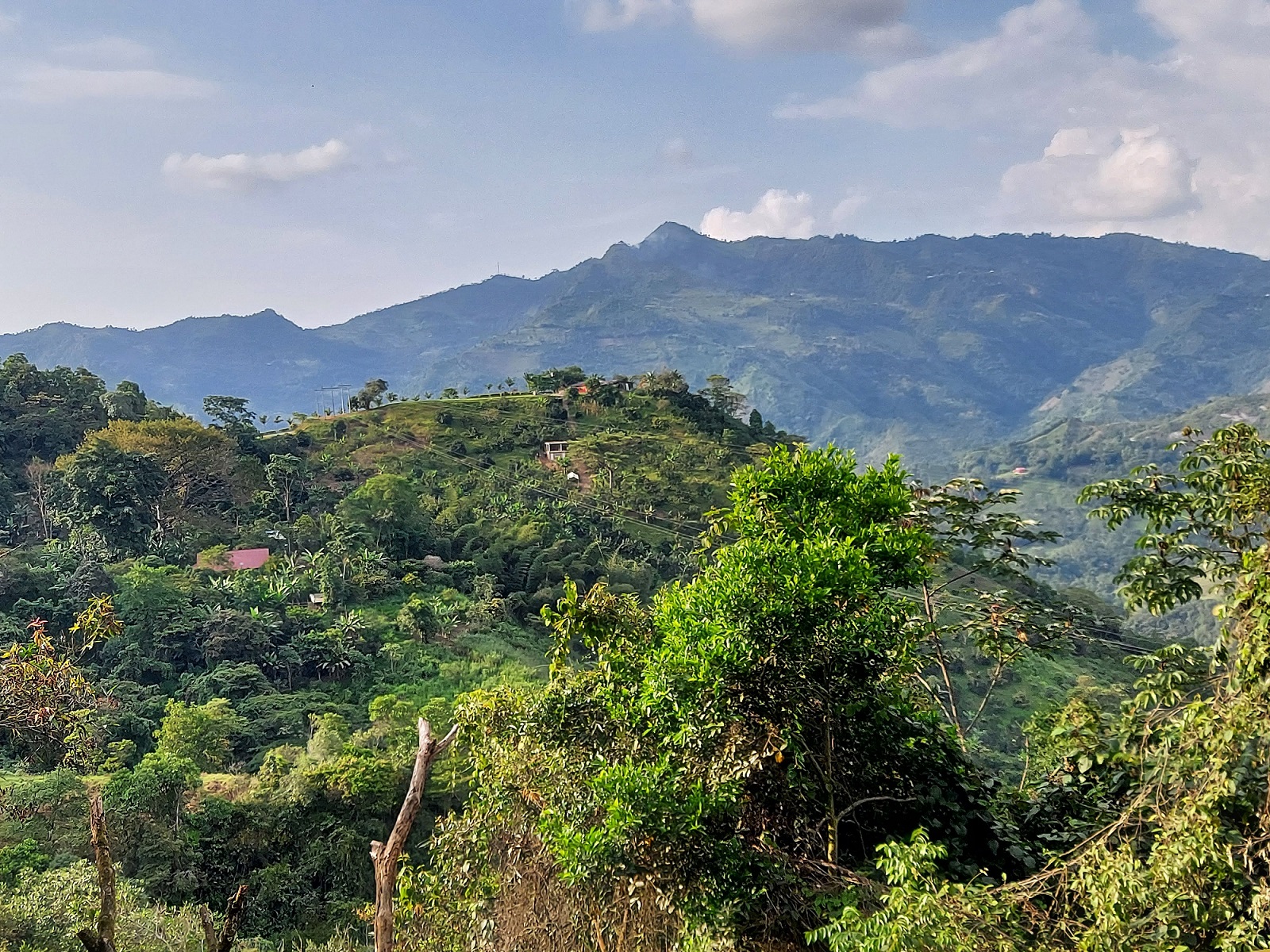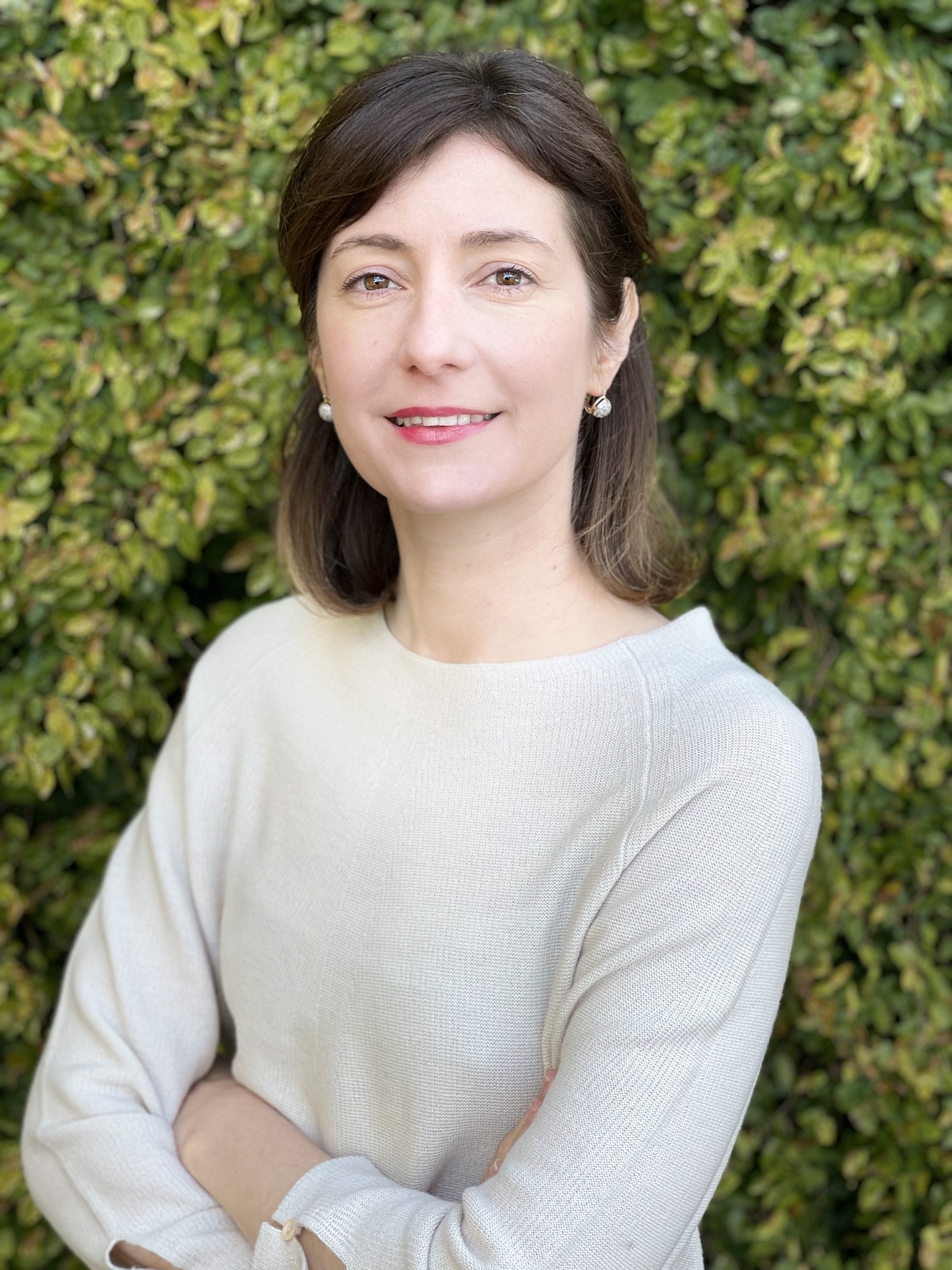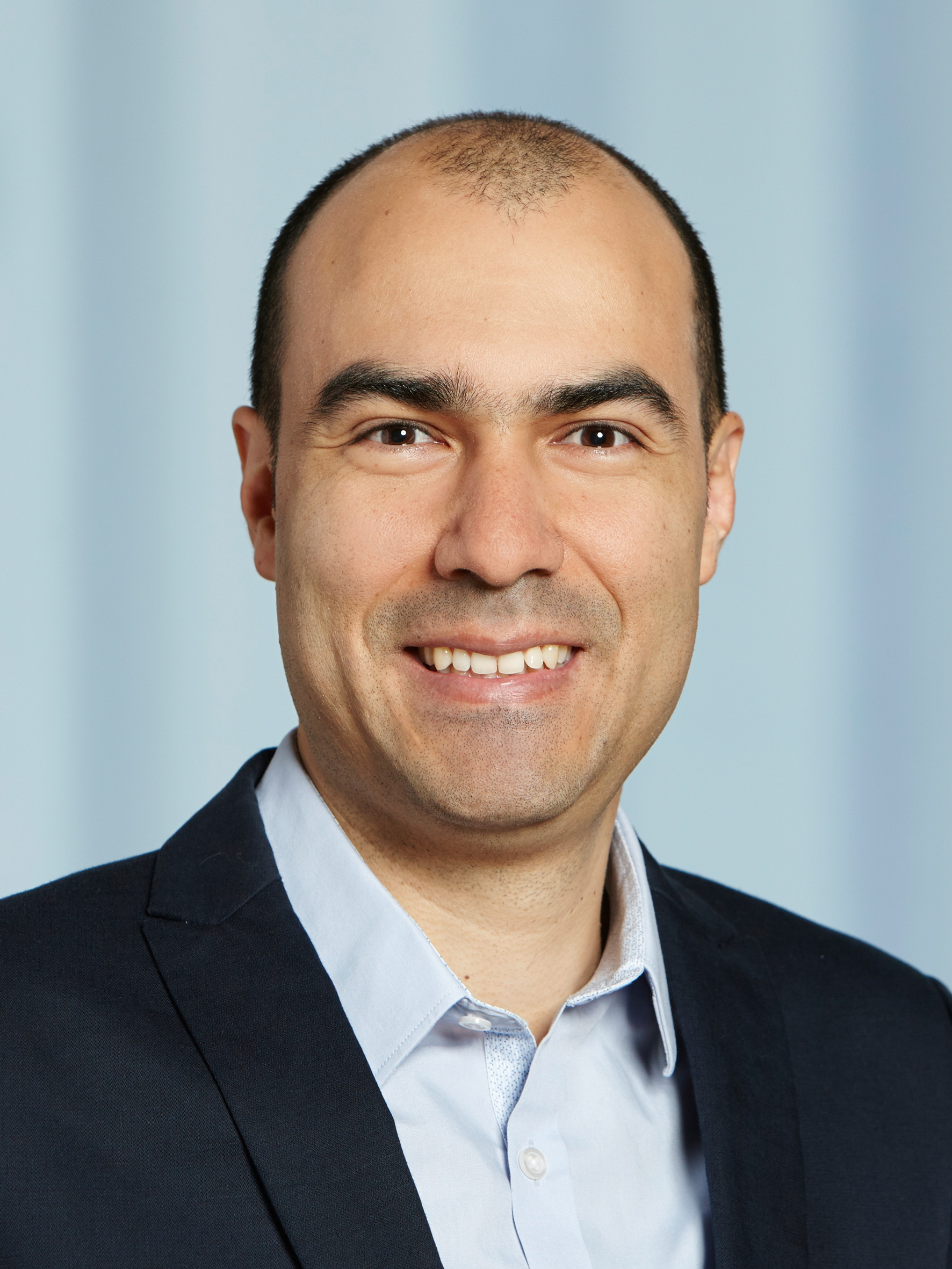Daughter: Dad, what is your date of birth?
Father: Wednesday 9th of May 1945. Laura, why do you keep asking me this question?
Daughter: Dad, it’s Anne, not Laura!
Father: What is this nonsense? You are not Anne… where is my daughter?
Father: Wednesday 9th of May 1945. Laura, why do you keep asking me this question?
Daughter: Dad, it’s Anne, not Laura!
Father: What is this nonsense? You are not Anne… where is my daughter?
This dialogue could easily be from the recent dramatic film, The Father with Anthony Hopkins, as an old man who starts to forget important events of his life, and his loved ones. He has developed Alzheimer’s disease, a devastating disease, that to date, has no cure after onset. Unfortunately, the events occurring in this movie are the reality of nearly 35 Million individuals worldwide, who suffer the consequences of the disease alongside their family members. This number is expected to double every 20 years reaching 70 Million in 2040, of which 70% will be from low and middle income countries.


